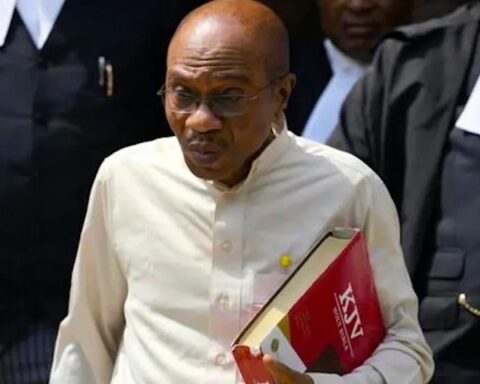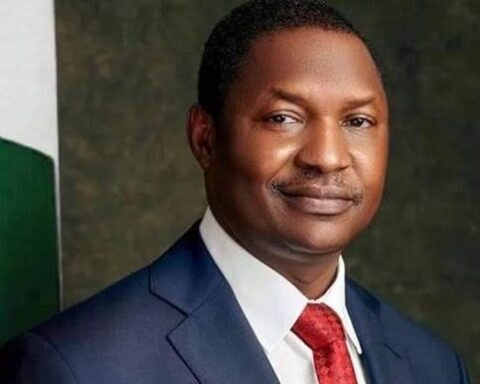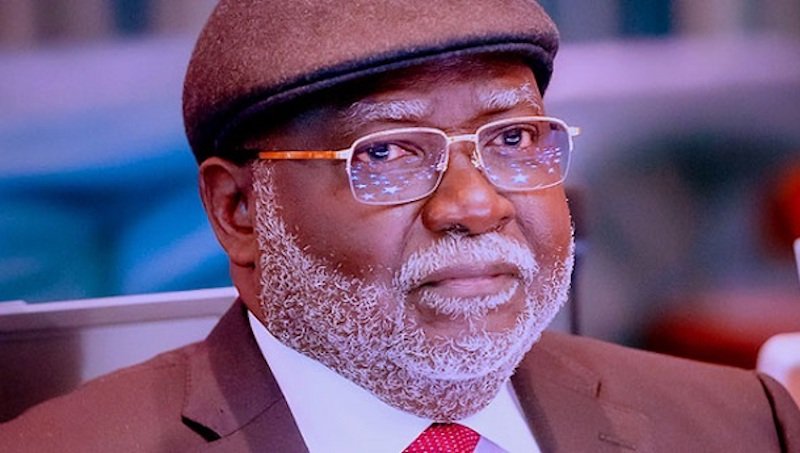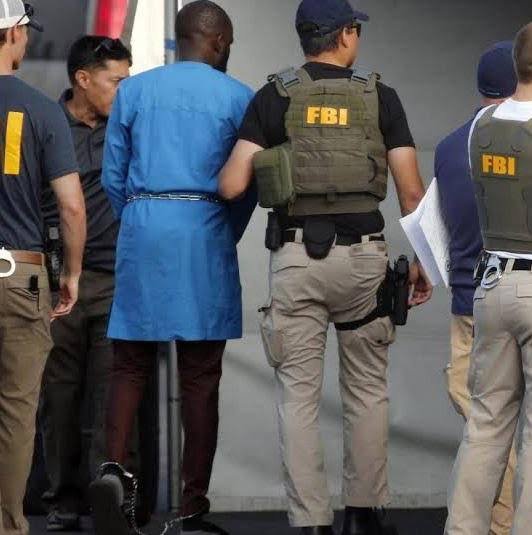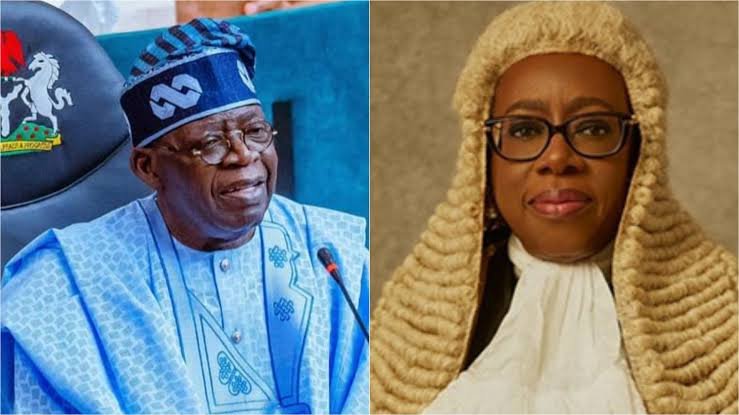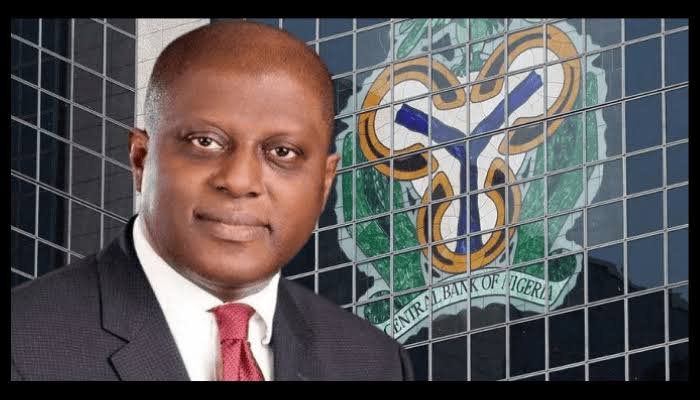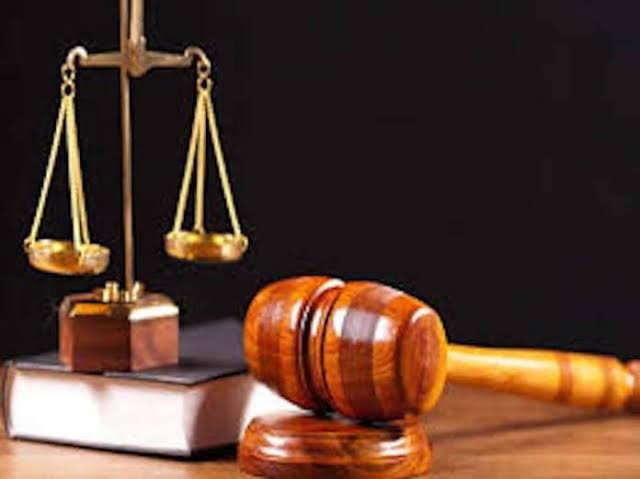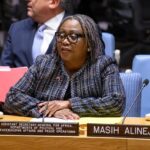
115 years ago, in 1909, Walter Egerton, the Barrister-turned-colonial administrator, and then Governor, introduced the Sedition Ordinance into the Colony and Protectorate of Southern Nigeria. This drew a sharp response from Christopher Sapara Williams, Nigeria’s first lawyer, himself the son of an Egba mother and an Ijesha father, who challenged the Ordinance, describing it with considerable prescience as “a thing incompatible with the character of the Yoruba people, and has no place in their constitution…. Hyper-sensitive officials may come tomorrow who will see sedition in every criticism and crime in every mass meeting.”
Sapara Williams was Nigeria’s first articulate defender of civic dissent. The promulgation of the Sedition Ordinance was one of the fallouts of the Lagos Water Riots of 1908. The antecedents go back to the encounter between Lagos and colonial England. As the countries of Imperial Europe concluded their carve up of Africa in Berlin in February 1885, Oba Dosunmu of Lagos died, to be succeeded by his son, Oba Oyekan 1.
At the death of Oba Oyekan 1 on 30 September 1900, a fierce succession battle ensued. Sapara Williams was one of the lawyers instructed by the parties to the dispute. When the dust settled, his client, Adamaja, lost to the eventual winner and Oba Dosunmu’s grand-son, Eghugbayi Eleko who ascended the throne in 1901 but this did not becloud his clarity of principles on the rights of the peoples of the territory to protest. Unlike the supporters of Nigeria’s ruling All Progressives Congress (APC), Sapara Williams’ views on the right to protest did not depend on the ethnicity of the person in power.
That was one of the most tumultuous periods in the history of Lagos and coincided with a most intense period in the colonial territorial consolidation that would ultimately result in the notion of Nigeria. An inevitable conflict between the colonists and dissenting natives revolved around two issues: racial segregation which privileged whites; and free expression which patronized native populations. Over one century later, these same issues – discrimination and freedom of expression – continue to plague and define governance in Nigeria.
Sapara Williams was implacable in his support of the right to protest. Long after his untimely death in 1915, his position remained a source of inspiration to the Eleko and people of Lagos in an even more consequential dispute over the control of traditional lands in the colony. This issue ended up before the highest court with jurisdiction over the territory in the case of Amodu Tijani, decided by the Privy Council in July 1921. The Eleko rallied behind the Idejo Chiefs, led by Amodu Tijani, the Oluwa of Lagos, who had the support of Herbert Heelas Macaulay, grand-son of the first African Anglican Bishop, Michael Ajayi Crowther and veteran dissenter.
For the hearing before the Privy Council in 1920, Herbert Macaulay travelled to London with the Oba’s Staff of Office in support of Amodu Tijani and the Chiefs. While in London, Herbert Macaulay issued a statement claiming that the Eleko was the King of over 17 million Nigerians and in possession of territory more than three times that of Great Britain. Despite a healthy revenue of over Four Million Pounds, he claimed, the British had reneged on a treaty commitment to compensate the Eleko. Embarrassed at being publicly called duplicitous in this way, the British required the Eleko to disown Herbert Macaulay. He issued a public statement clarifying his position on Herbert Macaulay’s statement but declined to disown him through the Oba’s Bell Ringers as required by the colonists.
Unable to secure the support of the popular Eleko, the colonists chose to head off rising tension by deposing him. On 6 August 1925, they issued an ordinance de-stooling him and, two days later, on 8 August they arrested and removed the Eleko into internal banishment in Oyo. In his place, they installed Oba Ibikunle Akitoye.



